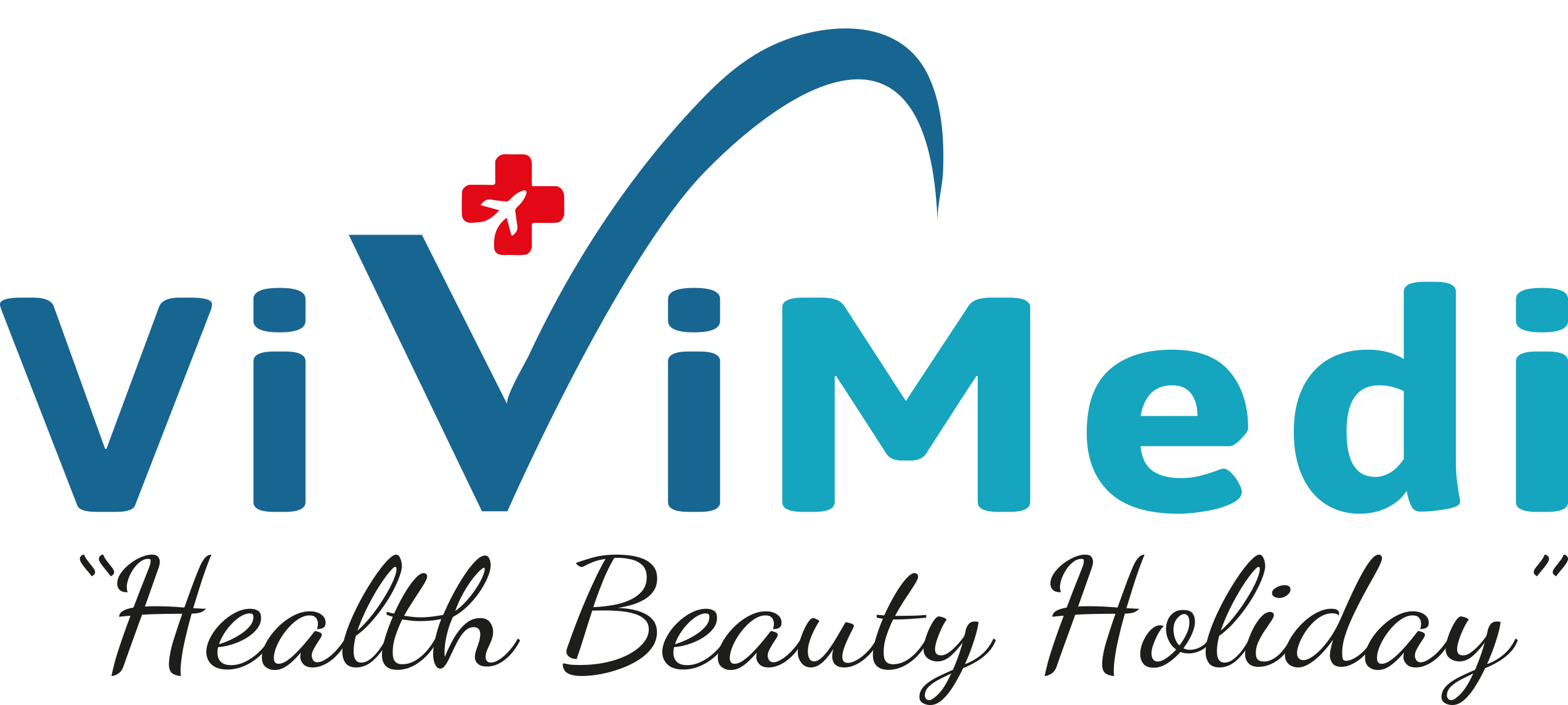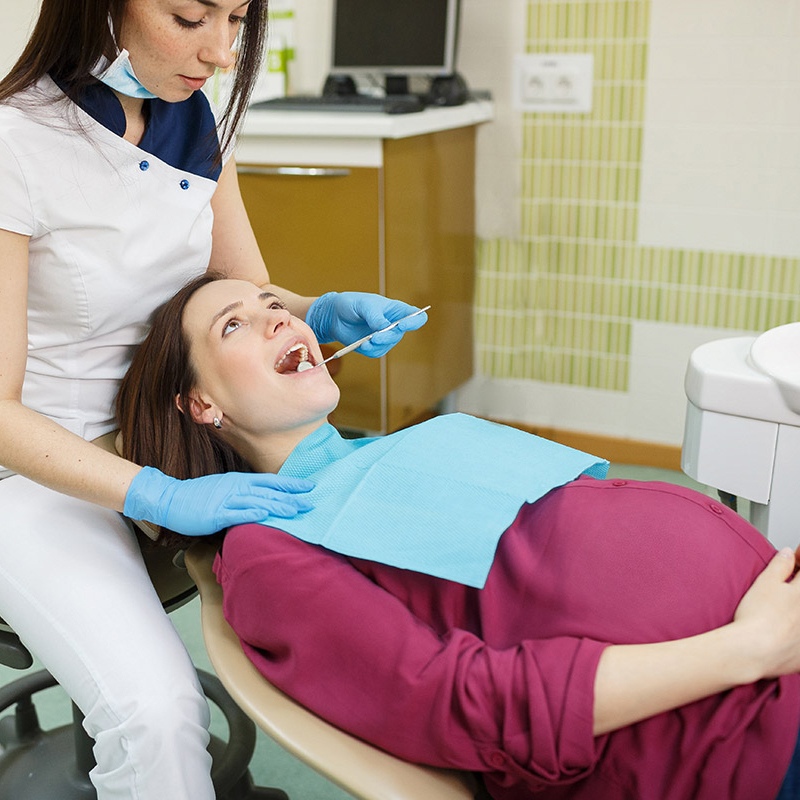The relationship between dental care and pregnancy is multifaceted and significant, as oral health can directly impact maternal well-being and pregnancy outcomes. Pregnancy is accompanied by hormonal changes that can affect oral health. Increased levels of hormones such as estrogen and progesterone can lead to gingivitis (gum inflammation) and exacerbate existing dental problems such as gum disease and tooth decay. Pregnant individuals may experience symptoms such as swollen, tender gums, bleeding during brushing or flossing, and increased susceptibility to dental infections.
Periodontal Disease and Pregnancy Complications
Periodontal (gum) disease has been linked to adverse pregnancy outcomes such as preterm birth, low birth weight, and preeclampsia. Pregnant individuals with untreated gum disease may have an increased risk of delivering prematurely or having a baby with low birth weight. Pregnant individuals with untreated gum disease may have a higher risk of delivering prematurely or having a baby with low birth weight. The inflammation and infection associated with periodontal disease can trigger systemic inflammatory responses that may affect pregnancy.
Nutritional Considerations
Proper nutrition is essential for both maternal and fetal health during pregnancy. Poor oral health, including untreated dental problems, can affect dietary habits and nutrient intake. Maintaining good oral health allows pregnant individuals to consume a balanced diet and meet their increased nutritional needs, which are critical for the development of the baby’s teeth and bones. Oral health is closely linked to overall health, and untreated dental infections can potentially contribute to systemic conditions such as cardiovascular disease and diabetes, which may impact pregnancy outcomes. Pregnant individuals with pre-existing medical conditions should pay particular attention to their oral health and seek appropriate dental care to minimize potential risks.
By prioritizing dental care and maintaining good oral hygiene habits during pregnancy, individuals can help reduce the risk of oral health problems and potential pregnancy complications. Regular dental check-ups, preventive care, and healthy lifestyle choices contribute to a healthy smile and a healthy pregnancy. Finally, if you have some dental problems, you can book an online consultation by clicking here.


